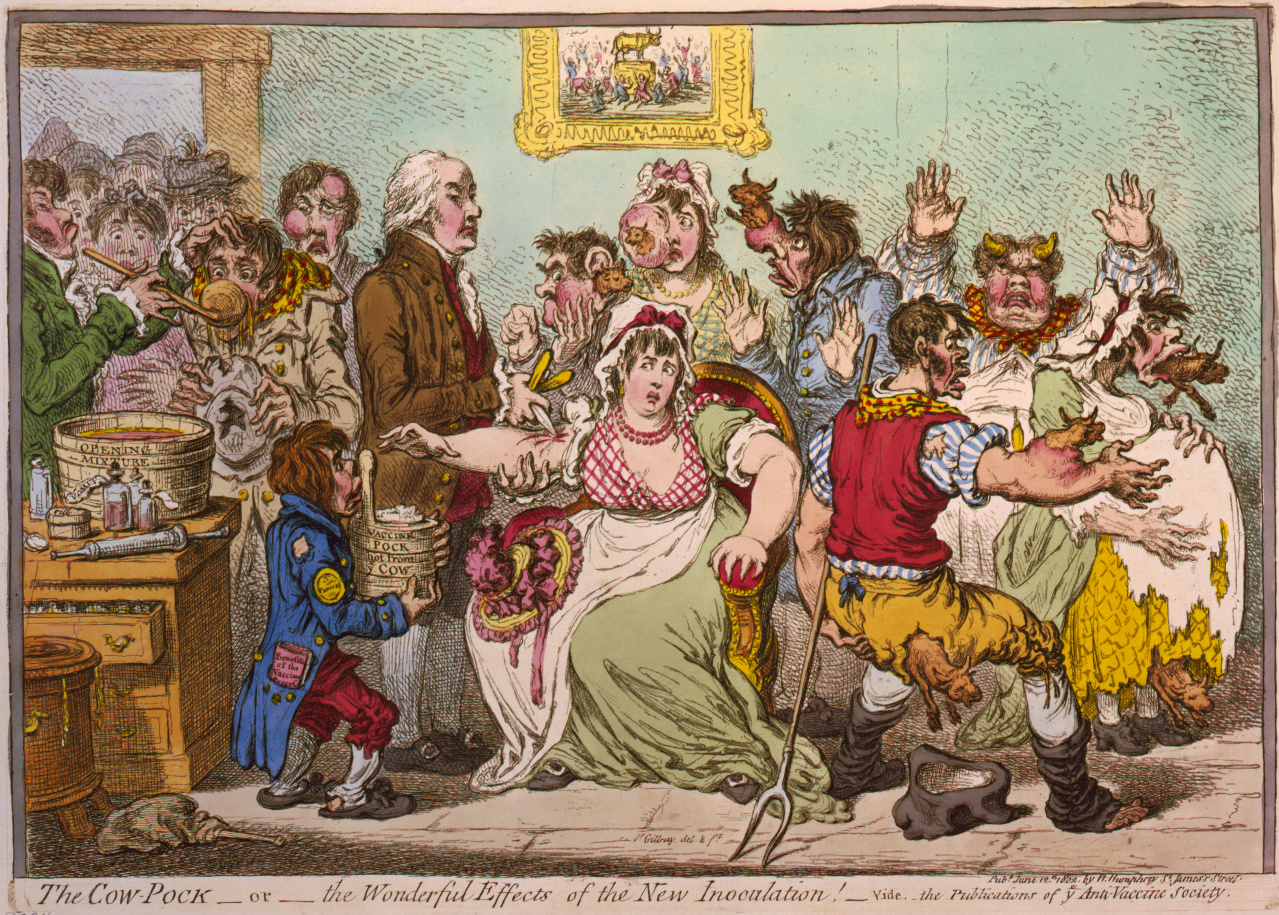JOHN CAFFERTY and the BEAVER BROWN BAND are best remembered for their soundtrack to the movie Eddie and the Cruisers.
20 July 2020
John Cafferty and the Beaver Brown Band
JOHN CAFFERTY and the BEAVER BROWN BAND are best remembered for their soundtrack to the movie Eddie and the Cruisers.
24 June 2020
In like a lion, out like a lamb
News about the pandemic seemed to push aside the usual stories on the news about the weather. “In like a lion, out like a lamb” has always seemed a straightforward enough proverb about the weather in March. March begins in winter, and by the end of the month, spring has begun, so it is often a mean lion at the start and a gentle lamb at the end.
19 June 2020
Doomscrolling
Have you heard the word "doomscrolling"? Have you been doing it? It is defined as the act of scrolling on your device and reading or skimming the endless stream of bad news that hit us daily on news sites and social media.
 |
| Image:Mote Oo Education | Pixabay |
The pandemic, economic hard times, violence in the street and the Black Lives Matter protests are all important stories but seem to all be part of a doomsday scenario.
The Merriam-Webster dictionary people have recently flagged doomscrolling as one of the words it is watching for 2020 for possible inclusion into the dictionary.
The word has appeared in stories in Business Insider, and the close variation, “doomsurfing,” appeared in the New York Times.
Why are people doomscrolling if the news is so negative? It is a combination of a "fear of missing out" (FOMO), a “hurry-up-and-wait” instinct and a real desire to get information on the pandemic and other issues even if that information is incomplete, questionably accurate and depressing.
With so many sources of information at our fingertips, the temptation to doomscroll is seductive to many people.
14 May 2020
Vaccine and vaccination
 |
| A caricature by James Gillray "The Cow Pock" of Jenner vaccinating patients who feared it would make them sprout cowlike appendages - Library of Congress, Public Domain, Link |
His vaccine practice was not immediately accepted. People feared the counterintuitive idea of introducing a disease into your body in order to fight disease. And the idea of using something from an animal in your body was repulsive. Jenner submitted a paper about his new procedure to the prestigious Royal Society of London, but it was rejected. The president of the Society told Jenner that it was a mistake to risk his reputation by publishing something so controversial.
Jenner published his ideas at his own expense in a short pamphlet in 1798 which was widely read and discussed. Novelist Jane Austen noted in one of her letters that she’d been at a dinner party and everyone was talking about the “Jenner pamphlet.”
The vaccination process evolved but in that time even the idea of germs was unknown so poor sanitation and dirty needles contributed to issues from the process
Jenner used the word vaccine in his writing and his friend, Richard Dunning, used "vaccination" in 1800, but the Oxford English Dictionary credits the French for coining the term vaccine in 1800 and vaccination in 1803. There are cognates in other languages (Italian, vaccine, Portuguese, vacina, and Spanish, vacuna).
29 April 2020
Nazz
with some Beatles' A Hard Day's Night as channeled through The Monkees.


